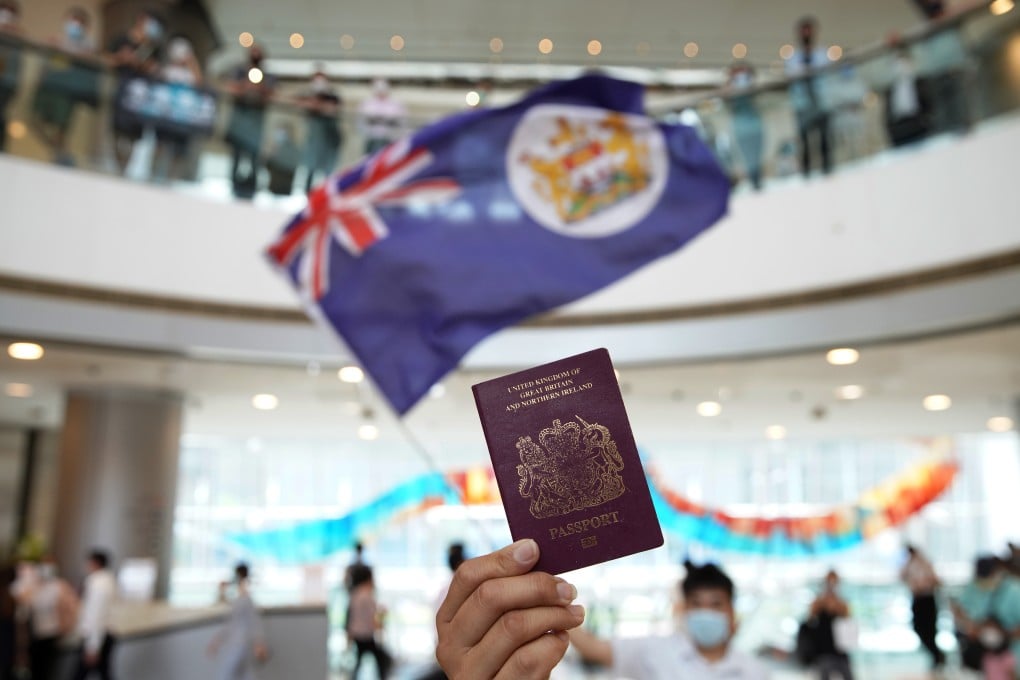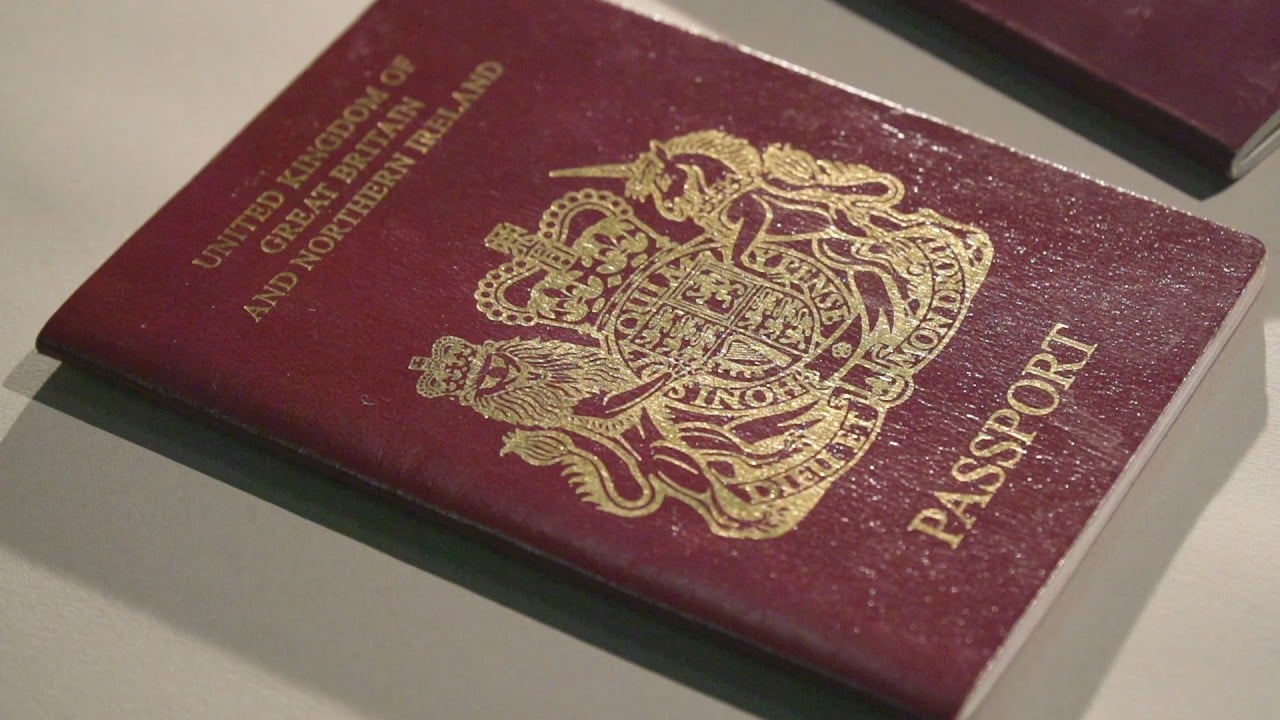Immigration firms report rush of Hong Kong BN(O) renewal interest
- More Hongkongers file applications after Britain outlines path to citizenship in response to introduction of national security law
- But many details of offer remain unknown, including requirements and costs, consultants say

Colin Bloomfield, chief executive of immigration service British Connections in Hong Kong, said there had been a "sudden surge in applications from people looking to renew their expired or lost BN(O) passports” after Britain announced a pathway to citizenship for holders of the documents on Wednesday.
London-based immigration law firm Mann’s Solutions said it also had six times the number of daily inquiries after the announcement.
“I am expecting that demand will increase more once [the British] government will announce step-by-step guidelines for BN(O) passport holders,” Mann’s Solutions managing director Evgeny Pavlov said.
British Prime Minister Boris Johnson said holders of BN(O) passports – available to about 3 million Hong Kong citizens born before the former British colony’s 1997 return to Chinese rule – would have the right to remain in Britain for five years, after which they could apply for settled status, effectively giving them permanent residency. After 12 months of settled status, they could apply for citizenship.

01:38
UK offers Hongkongers with BN(O) passports path to citizenship after new national security law
The British offer came after the introduction of a national security law, which critics fear will erode freedoms and suppress dissent.